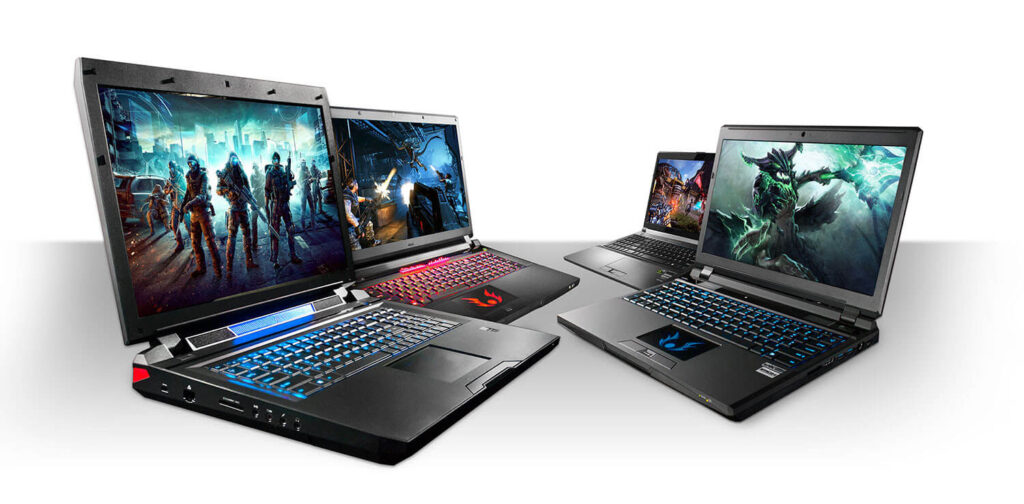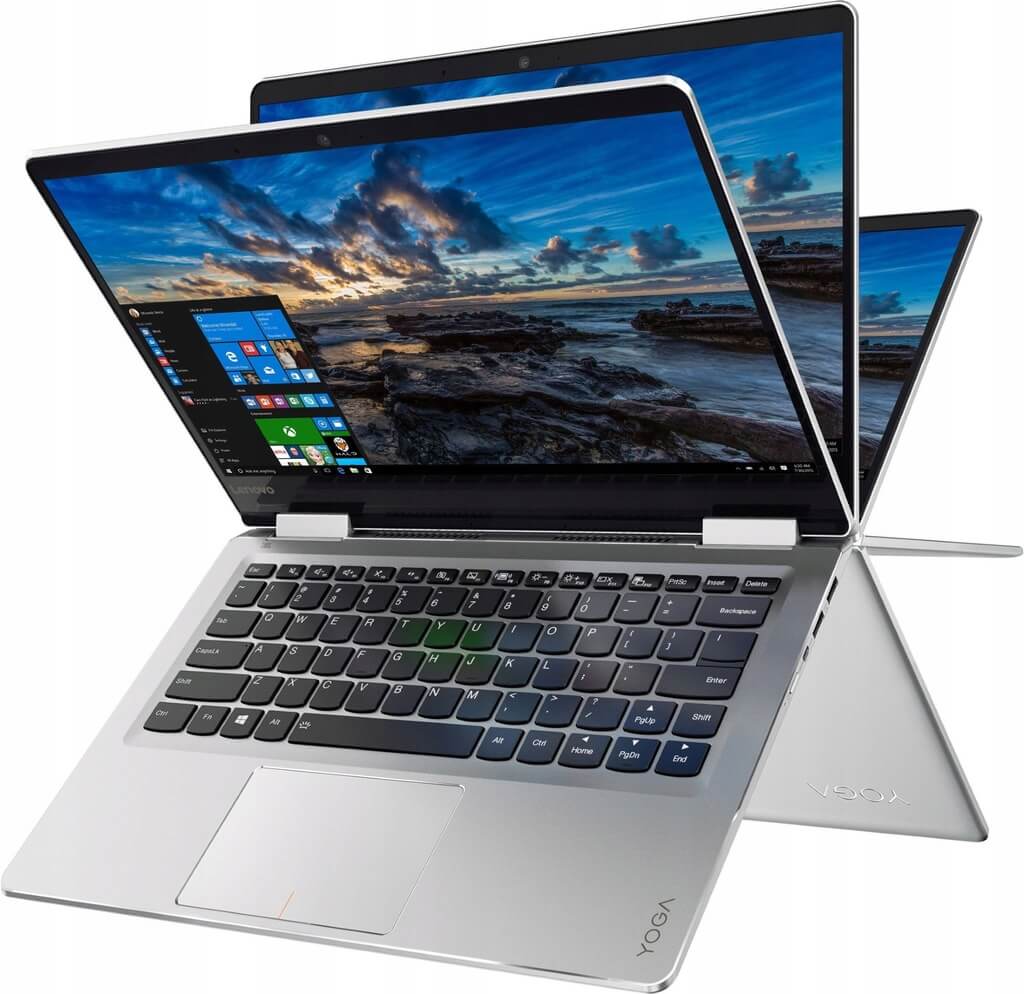
About Gaming Laptops
Gaming laptops are portable computers specifically designed for playing video games. These laptops are equipped with hardware components optimised for high-performance gaming, which makes them distinct from traditional laptops. Here are some key features and considerations regarding gaming laptops:
Graphics Processing Unit (GPU): Gaming laptops typically feature dedicated GPUs from manufacturers like NVIDIA and AMD. These GPUs are designed to handle complex graphics rendering, providing smoother gameplay and high-quality visuals.
Central Processing Unit (CPU): Gaming laptops come with powerful CPUs, often from Intel or AMD, to handle the computational aspects of gaming and multitasking.
RAM: Adequate RAM is crucial for gaming laptops. 16GB or more is recommended to ensure smooth gameplay and handle background processes.
Display: Gaming laptops offer displays with higher refresh rates (commonly 120Hz, 144Hz, or even 240Hz) to provide smoother gaming experiences. A higher resolution, like Full HD (1080p) or 4K, is also preferred for better visuals.
Keyboard and Input: Many gaming laptops come with customizable RGB backlit keyboards, anti-ghosting technology, and macro keys. A good touchpad and precise gaming mouse are essential for gaming.
Cooling System: Gaming laptops generate a lot of heat during intense gameplay. They usually have advanced cooling systems, including multiple fans and heat pipes, to keep the components cool and maintain optimal performance.
Portability: While gaming laptops are designed for gaming, they are still portable, making them suitable for on-the-go gaming or LAN parties. However, they are heavier and bulkier than traditional laptops.
Connectivity: Gaming laptops offer various ports, including USB, HDMI, and Ethernet, for peripherals and external displays. They often include Wi-Fi 6 for fast online gaming.
Battery Life: Gaming laptops tend to have shorter battery life compared to non-gaming laptops due to the power-hungry components. You’ll need to stay near a power source for extended gaming sessions.
Price: Gaming laptops can be expensive, and high-end models with the latest hardware can cost a significant amount. Budget options are available, but they may not offer the same level of performance.
Upgradability: Some gaming laptops allow for component upgrades, such as RAM and storage, while others have more integrated components, limiting upgradability.
Software and Optimization: Manufacturers often include software to optimise gaming performance and control hardware settings. Some also offer gaming-centric apps and features.
Brand and Model: Various manufacturers produce gaming laptops, including ASUS, MSI, Alienware (Dell), Acer, HP, and more. Research and read reviews to find a model that suits your needs and budget.
When choosing a gaming laptop, consider the types of games you intend to play and your budget. Keep in mind that gaming laptops are continually evolving, so it’s essential to stay updated with the latest hardware and technology trends to make an informed decision.

